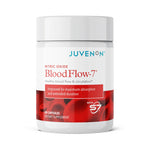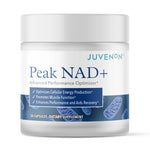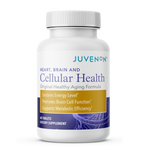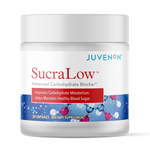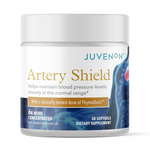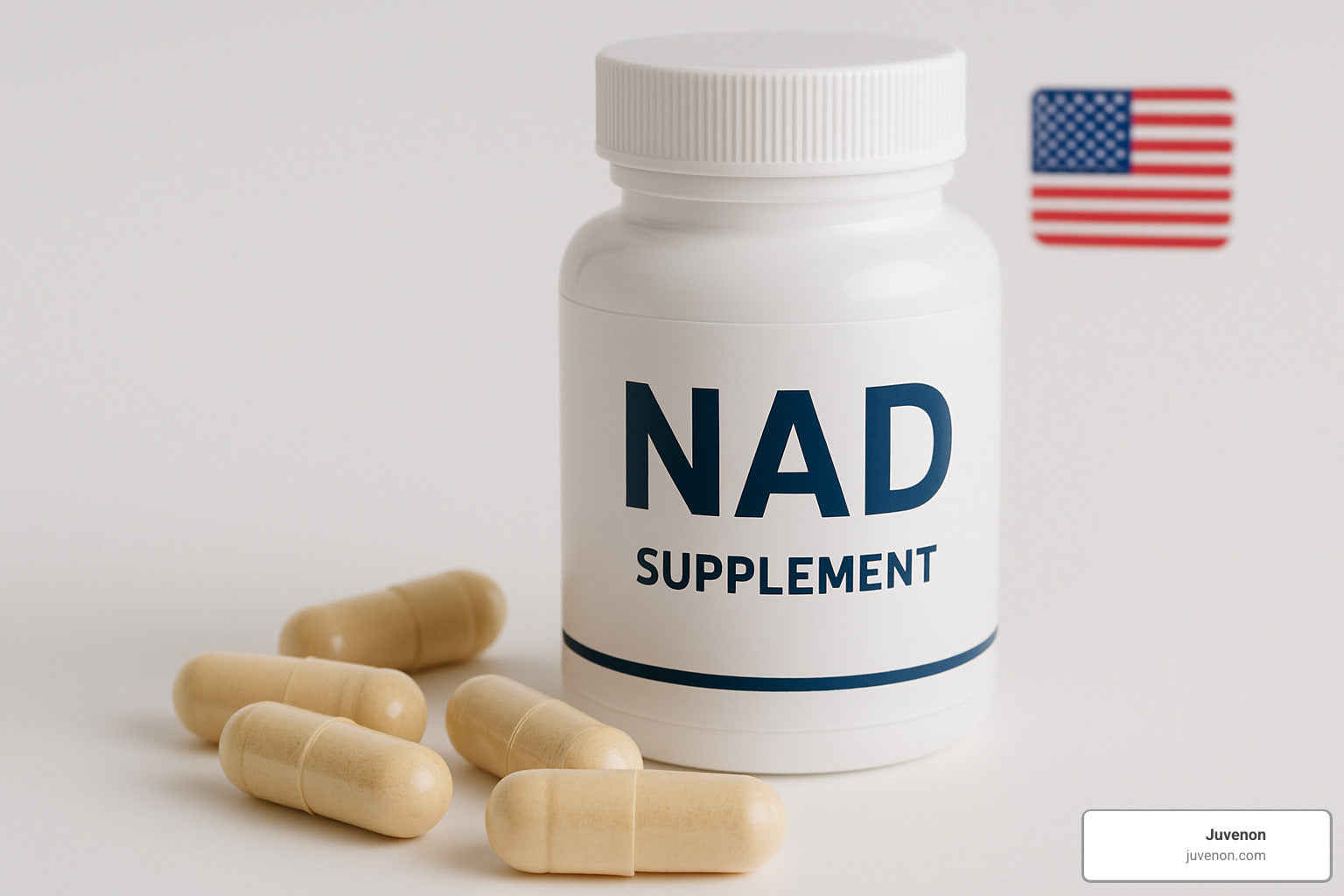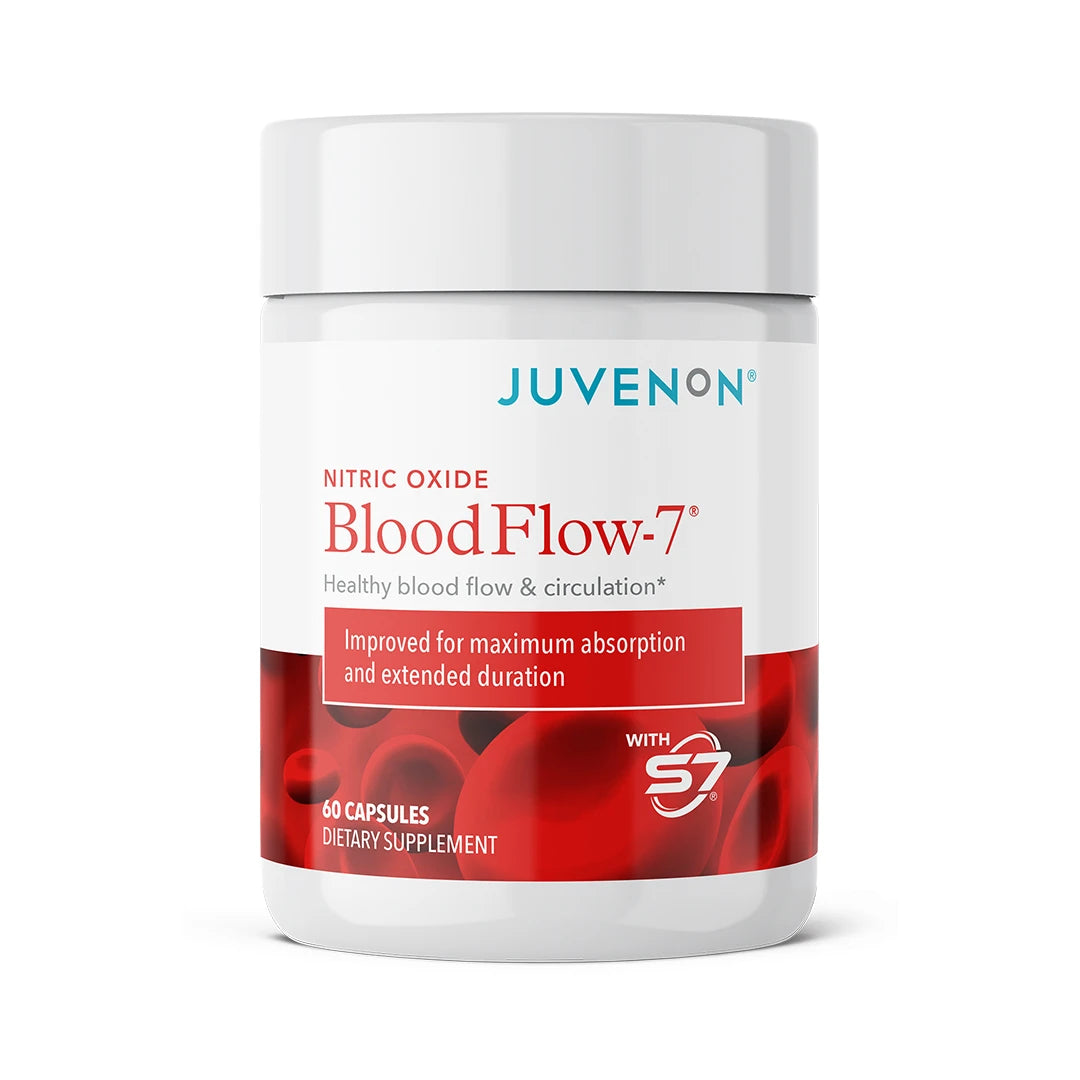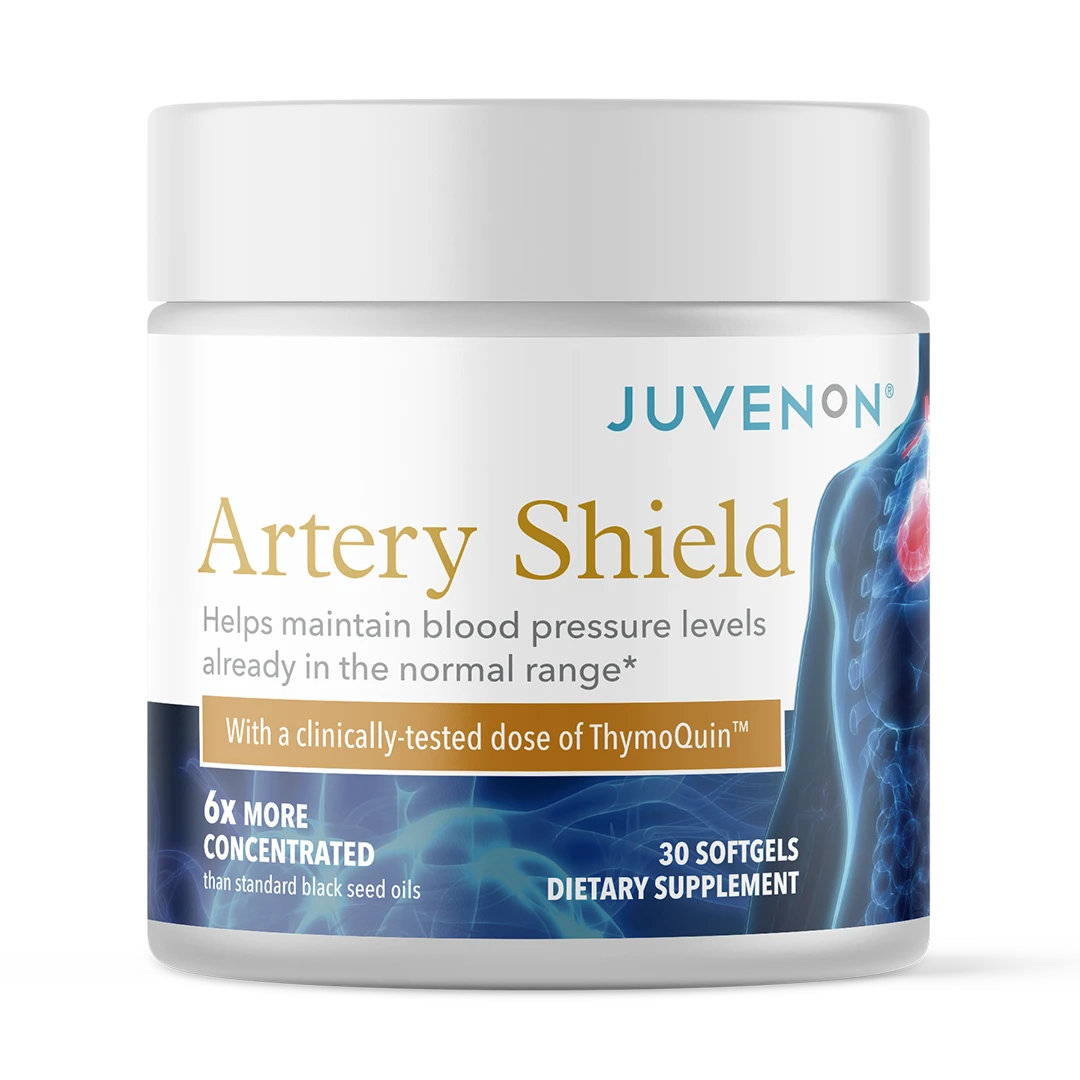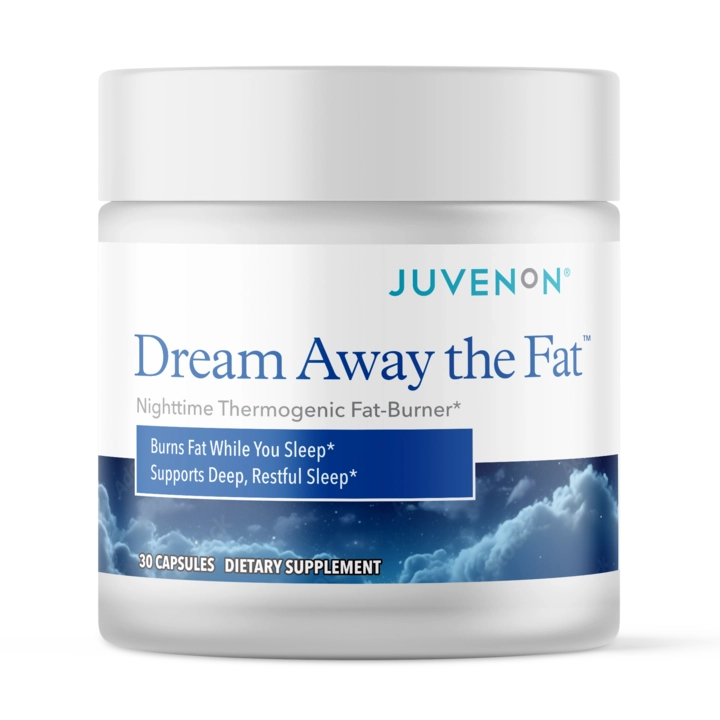
If you’ve ever stepped into a gym or stumbled across a fitness influencer’s videos online, there's a good chance you’ve heard about a supplement called creatine.
Athletes who regularly weight train swear by creatine, and even those who participate in higher-intensity, cardio-focused workouts will tell you about the benefits of creatine. But there’s so much more to it.
In this article, we’re going to look at how creatine works, the different forms it comes in, and the benefits it can bring.
What is Creatine?
Creatine is a naturally occurring compound stored within your skeletal muscle that is used by every cell within your body. This compound is derived from amino acids—the building blocks of protein—and is essential to your cells’ energy production system.
Creatine is a convenient energy supply for short bursts of high-intensity exercise, making it a popular supplement among athletes looking to boost performance.
How Does Creatine Work?
Creatine is a quick energy reserve that your body relies on when you exercise, and it allows your muscles to rep out those final reps if you’re weight lifting or get you that last lap if you’re a runner.
This is because creatine boosts water content in muscle cells, and better hydration reduces things like muscle cramps.
What are the Benefits of Creatine?
The benefits of creatine don’t solely apply to athletes.
While the supplement is a great way to enhance athletic performance, there are other reasons you may want to introduce creatine supplements into your diet.
Higher Levels of Energy
As we’ve learned, creatine’s primary role is to provide you with quick energy during short bursts of activity. However, energy supplements that contain creatine, like Juvenon’s Energy Formula®, can give you the energy you need to get through that busy workday, too.
You Can Build More Muscle
One of the most popular benefits of creatine is its ability to help those who practice strength training build more muscle. Creatine increases certain hormones and proteins that support effective muscle growth, and a 2021 study found that creatine helped individuals improve their upper body strength.
Quicker Muscle Recovery
While creatine can help you build muscle, it can also speed up the muscle recovery process so you can keep your workout routine consistent and not have to deal with prolonged soreness.
Exercising, especially lifting, creates micro-tears in the muscle fibers. During recovery, these tears heal, and in turn, your muscles get stronger. When you add a creatine supplement to your routine, you can help activate satellite cells in the muscles and help those micro-tears heal more effectively.
Enhanced Blood Sugar Control
In addition to the physical benefits of taking creatine, it can also help improve your blood sugar levels. It won’t directly affect your levels and you won’t see the effects after taking it for the first time, but creatine can enhance how your body processes glucose by helping your muscles absorb it.
Improved Cognitive Functions
There are also cognitive benefits of creatine, such as a boost to your short-term memory and reasoning. When paired with other ingredients like Quercetin Dihydrate and Coenzyme Q-10 in energy supplements, these cognitive benefits can be amplified.
Will Creatine Make You Gain Weight?
You may see the scale go up while taking creatine supplements because it helps keep your cells hydrated—and you should drink more water while supplementing with creatine—so naturally, you’ll store more water in the muscles.
But creatine won’t make you gain weight, and in fact, some supplements containing creatine, like JuvenonEnergy Formula, can help ignite fat-burning genes to facilitate weight loss.
What Foods Contain Creatine?
Most of your body’s creatine comes from your diet, specifically from foods like meat, fish, and eggs.
For those following a vegetarian diet, you can still get some creatine from cheese, milk, and other dairy products, though you won’t get nearly as much as you would from red meats and seafood.
Vegan diets, unfortunately, don’t come with a lot of options for creatine-dense foods. Still, some seeds and beans with the amino acids arginine, lysine, and methionine can help with lower levels of creatine production.
If your diet restricts you from consuming foods high in creatine, you will want to seek alternative ways to get your body the creatine it needs.
Luckily, there are other forms of creatine available aside from foods.
What is the Best Form of Creatine?
So, what is the best form of creatine for you?
Athletes may swear by creatine monohydrate powder, and others who eat a diet high in creatine-rich foods may prefer the more natural approach of just letting your body produce what it can on nutrition alone.
Ultimately, knowing the different forms and how they can benefit you is the best way to choose one. Here are some common forms of creatine:
But, if you want to get the cognitive and physical benefits of creatine while improving other areas of your health like sleep and weight loss, Juvenon’s Energy Formula is the way to go.
With just one serving of 4 capsules a day, you’ll give your body the energy boost it needs to get you through your day without crashes and without sacrificing a good night's sleep.
Order your bottle of Juvenon Energy Formula today and see what creatine can do for you.
Sources:


